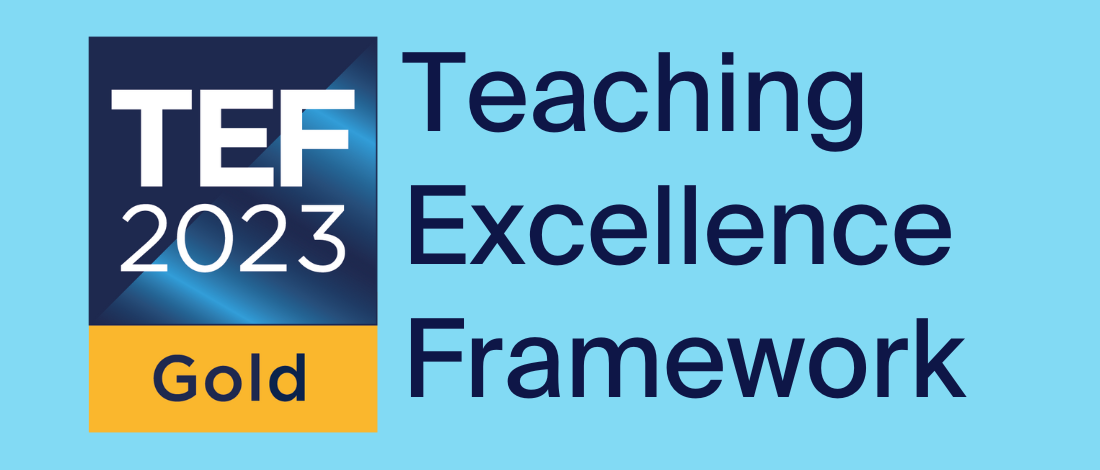I'm Richard Farr, lecturer in Logistics at Hull University business school. I'm the programme director for the online MSC in Logistics and Supply Chain Management.
The programme that we've put together reflects the modern reality of the supply network that we all depend upon. Just about everything that you do involves an unknown number of people who have to go to work and make things, move things such that they reach you in good condition and at an affordable price.
But that doesn't happen automatically. It happens because of planners, decision makers, and professionals across a number of specialisms, including logistics and supply chain management.
With this programme, we have in mind that you may well be a mid career professional.
So you've already done a degree, but it may be in an unrelated subject.
Many of our students will be undertaking this as a conversion, so they'll move into the field of logistics and supply chain management. Perhaps having encountered some challenges in the workplace, in manufacturing or transportation, or it's a career that you aspire to, or you hope to improve your career effects in the future.
One of the most important things on a programme like this is the activities that you'll perform. We've designed a number of these to underpin the theories that we'll introduce you to. So for example, we might ask students to determine the service level that they want for a particular organisation.
There's no right answer when it comes to service level. Are we looking for a hundred percent always in stock, all goods, always available no matter what demand pattern. If you choose that strategy and your product is freshly baked bread at the end of each looking day, you're going to be throwing away a lot of bread. Instead, you have to choose a service level that's appropriate to your industry, to your customers' expectations to what the competition are doing. So we could say to students, what is your chosen service level?
This course is going to impart a number of salable skills that you can make use of for the rest of your career. You'll find that your communication skills are enhanced.
Your decision making your critical thinking skills.
And naturally, there will be the industry specific things connected with analysis and decisions that you make.
You'll be studying using the most up to date techniques in terms of teaching and learning. You'll be able to access this program at a time that suits you. It's very much geared towards the working professional.
But you'll bring your experiences from work into the program, and you'll take what you learn on the program and you'll be able to apply it to your work situation as well.

.png)

















